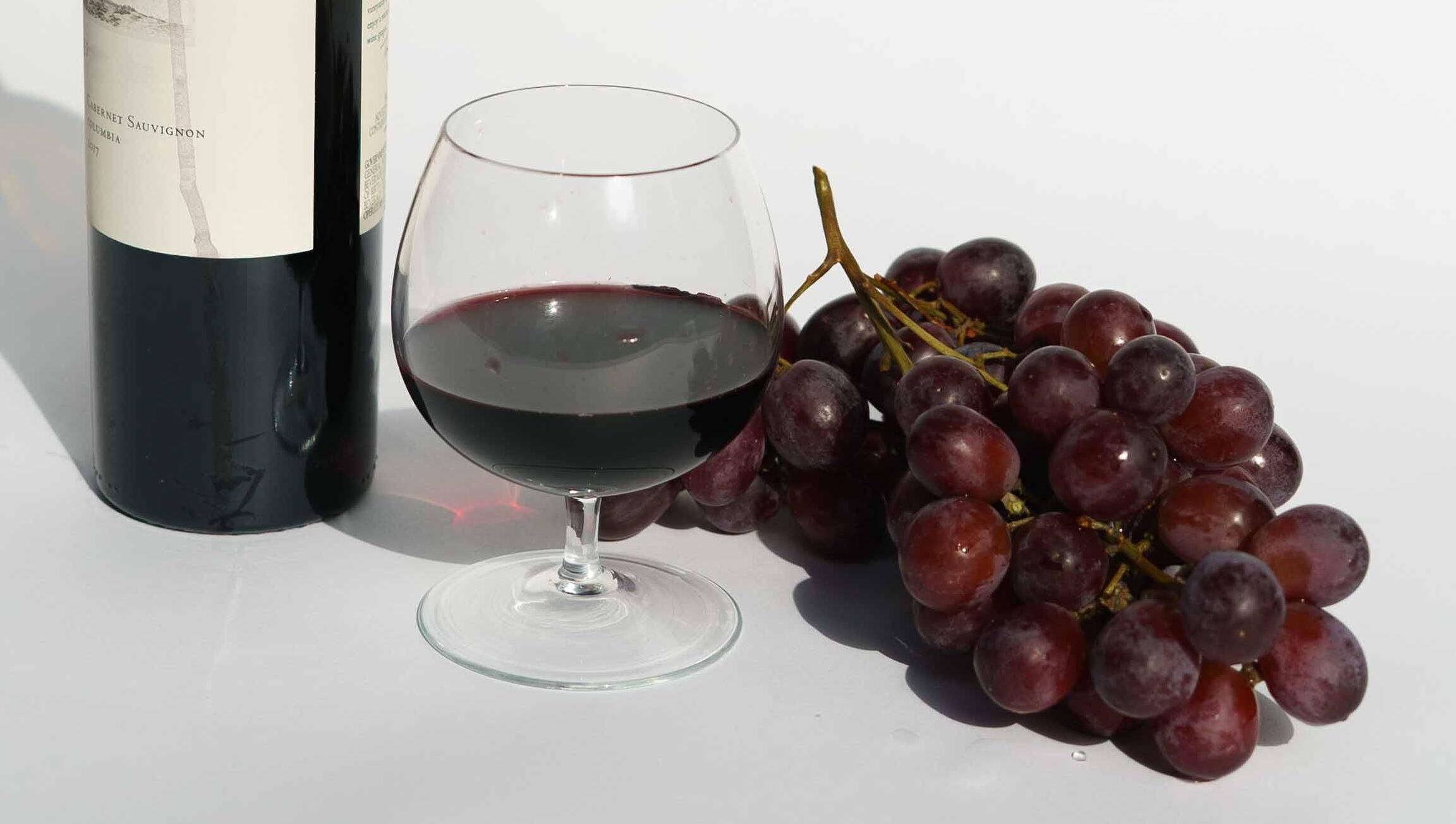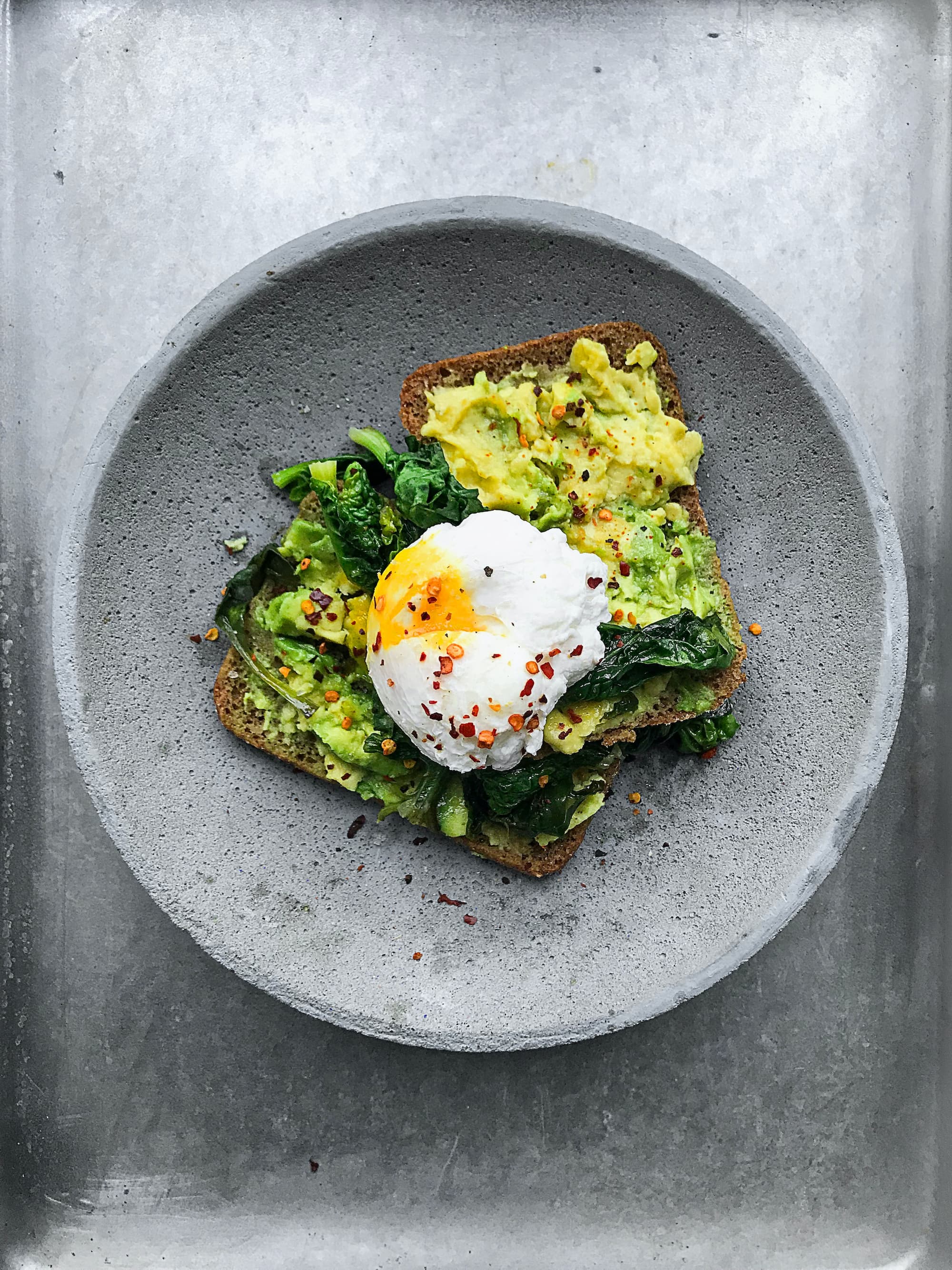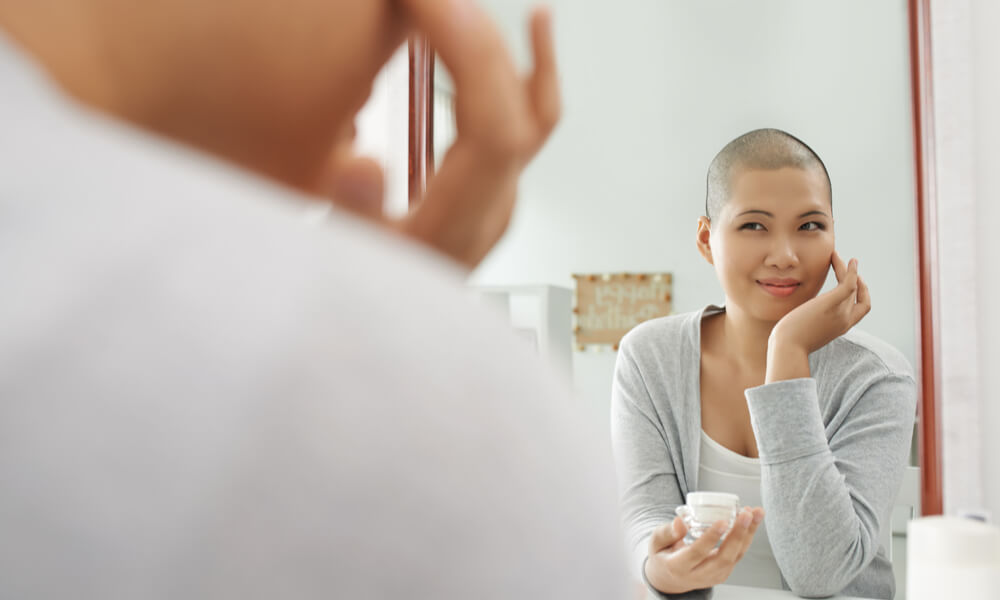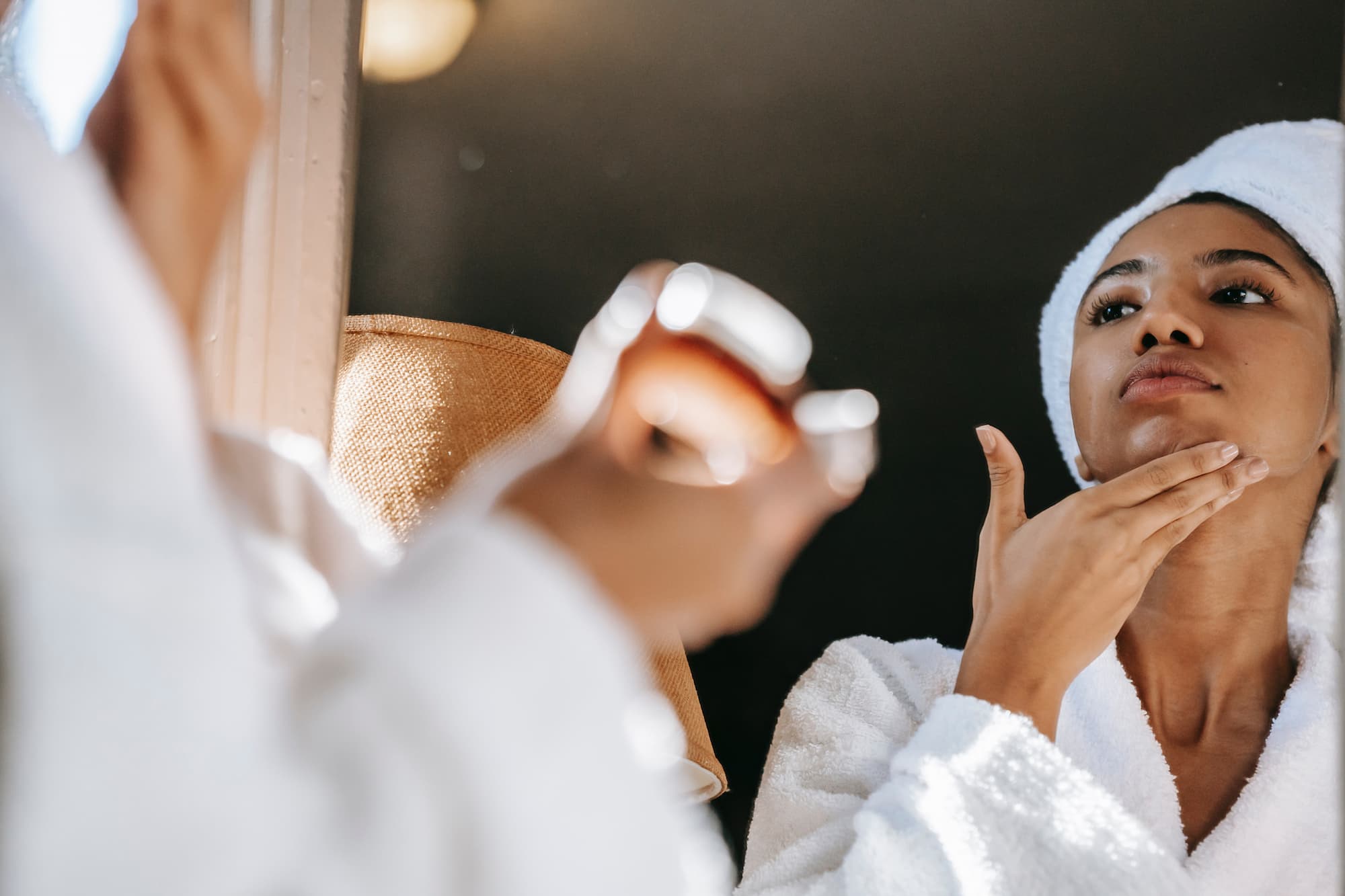
Blog
Biotin Benefits for Hair, Skin and Nails
Did you know that biotin is clinically proven to be good for your skin, hair, and nails? Check out its amazing benefits here.
By
Gene Bruno
Jul 30, 2021


What is biotin?
Let’s start with a biotin definition. Biotin is a water-soluble B vitamin. What does biotin do? It is an essential co-factor to enzymes that play crucial roles in the metabolism of fatty acids, amino acids, and glucose. It also functions as a key regulator of gene expression (i.e., the ability of genes to manufacture proteins needed for biological activity).
What is biotin good for?
As far as biotin benefits and uses go, this vitamin has potential applications for hair, skin and nails. Following is more specific information on the benefits of biotin.
Biotin for hair
Among several symptoms of biotin deficiency is hair loss.1 Researchers investigated the serum biotin level in 541 female participants complaining of hair shedding (age range: 9-92 years old). Low biotin levels were found in 38% of these subjects.2 But, does biotin help with hair growth and is biotin good for hair? In fact, research says yes. Case reports found that daily biotin supplementation could improve hair health after 3-4 months in children with uncomfortable hair syndrome.3 4 A review article evaluating biotin and its effect(s) on human hair found 18 reported cases of biotin on hair and nails. In 10 of these 18 cases, there was a genetic cause of biotin deficiency; the remaining eight patients experienced an improvement in their hair after they had supplemented it with biotin supplementation. The research found that all of these 18 patients had underlying causes of biotin deficiency, and once treated with biotin supplement, showed clinical improvement in a variable time period.5
Biotin for skin
Is biotin good for the skin? There is actually limited research on the relationship between biotin and skin. There are, however, a couple of studies that point to a relationship. In the previously mentioned study with 541 female participants, 35% were found to have associated underlying seborrheic dermatitis – underscoring the importance of biotin for skin health.6 In another study on subjects with acne, a combination of nutraceuticals, including biotin, was found to be more effective than topical treatment alone.7
Biotin for nails
How about biotin for nail growth? Consider that frailty and brittleness of fingernails are frequently seen, particularly in women. In veterinary medicine, it has been documented that defective hooves of horses or claws of swine responded well to the oral application of biotin. Accordingly, researchers studied the effect of biotin on human fingernails. 71 Patients were treated with a daily oral dose of biotin (2.5 mg). Out of the 45 cases which finally could be evaluated, 41 (91%) showed definite improvement with firmer and harder fingernails after an average treatment of 5.5 months. Researchers concluded that, in most cases, biotin provides effective therapy for human patients with brittle nails.8
Another study was conducted to test whether the favorable clinical results of biotin on nails could be corroborated by scanning electron microscopy. Researchers investigated the ends of the fingernails from 32 persons. They were placed into 3 groups: Group A consisted of 10 control subjects with normal nails, Group B comprised 8 patients with brittle nails studied before and after biotin treatment, and Group C was 14 patients with brittle nails in whom the administration of biotin did not coincide exactly with the initial and terminal clipping of the nails. The thickness of the nails in Group B increased significantly by 25%. In group C, the increase was 7%. Splitting of the nails was reduced in groups B and C and the irregular cellular arrangement of the dorsal surface of brittle nails became more regular in all nails of Group B and in 8 of 11 nails of Group C.9 Likewise a study10 from Switzerland demonstrated a 25% increase in nail plate thickness in patients with brittle nails who received biotin supplementation.
Biotin deficiency
An adequate intake of biotin for adults is 30 mcg/day in U.S populations. The average dietary intake of biotin in western countries is generally adequate, and biotin deficiency is rare. Nevertheless, biotin deficiency can occur. So, what are biotin deficiency causes? Biotin deficiency may be genetic or acquired. Acquired biotin deficiency can be due to increased raw egg consumption, where avidin (a compound found in eggs) attaches to biotin and inhibits its absorption into the intestinal gut. In cooked eggs, the avidin particles are destroyed.11 Other causes of acquired biotin deficiency include states of malabsorption, alcoholism, pregnancy, prolonged use of antibiotics that interrupt normal flora, medications such as valproic acid, and isotretinoin intake.12 Additionally, evidence suggests that 50% of pregnant women are deficient in biotin.13
Foods high in biotin
Most biotin food sources are protein-derived. Dietary protein must be broken down into free biotin, which is then stored in the small intestine and liver. Biotin is found in many foods. But what foods are high in biotin? Egg yolk, liver, and yeast are rich sources of biotin. Other sources include whole-wheat bread, cheddar cheese, pork, salmon, avocado, raspberries and cauliflower.14
Biotin recommended daily intake
The biotin recommended daily intake is 30 mcg. However, biotin for hair growth dosage and biotin for nail growth dosage is considerably higher. For hair, the research suggests 3,000-5,000 mcg/day. For nails, the dose used in the research was 2,500 mcg/day.
Learn more

